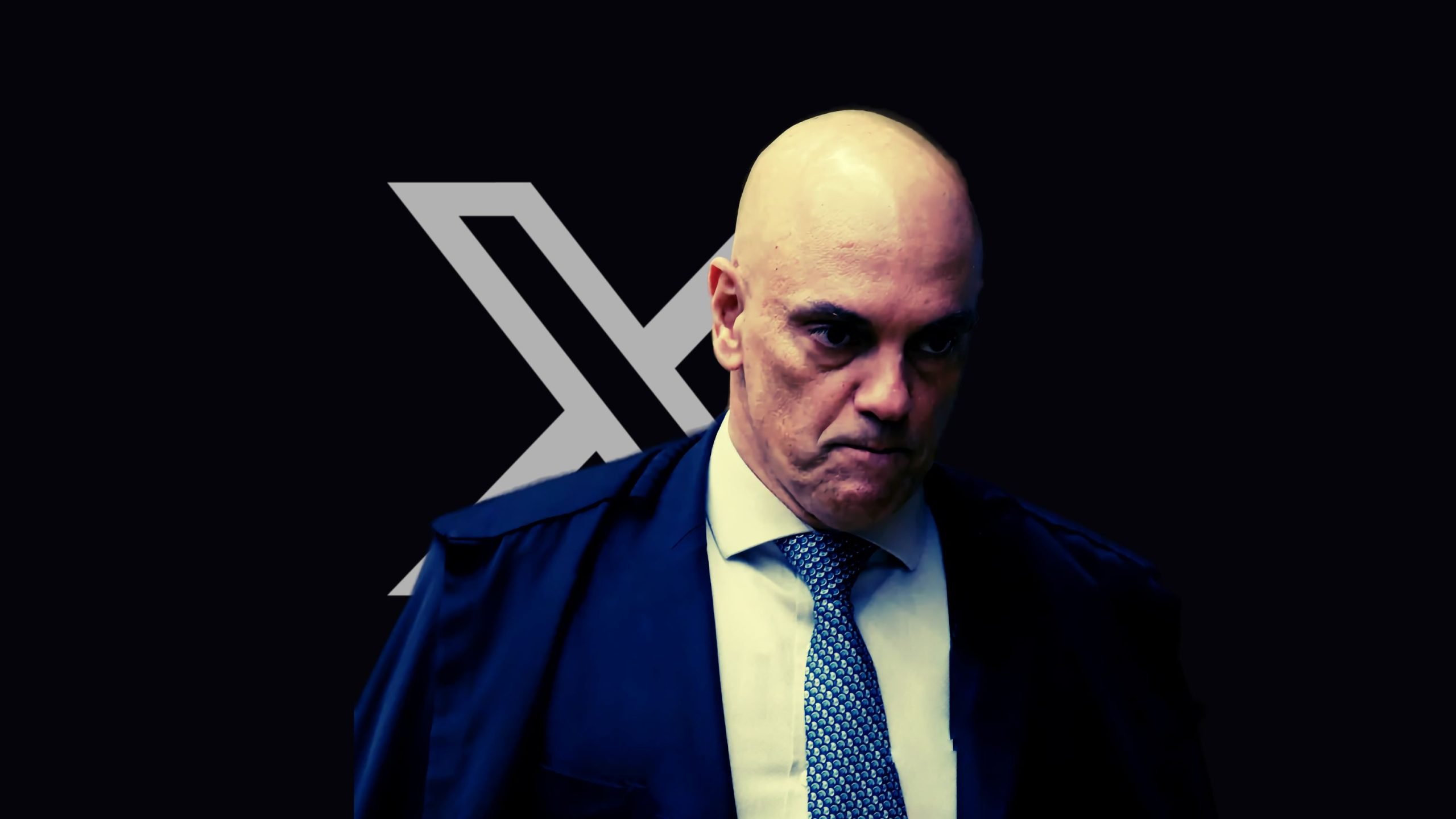If there’s one thing Brazilian Supreme Court Justice Alexandre de Moraes enjoys more than judicial rulings, it’s making sure social media companies understand who’s in charge. The latest victim? X—formerly known as Twitter—fined a cool 8.1 million reais ($1.4 million) for failing to bend the knee fast enough.
The charge? Not coughing up registration data for an account linked to Allan dos Santos, a pro-Bolsonaro commentator with the unfortunate habit of saying things the Brazilian government doesn’t like.
Back in July 2024, De Moraes — who by now has developed a hobby of policing the internet — ordered X and Meta to not only block Santos’ account but also to hand over his registration details. The problem? According to X, those details simply didn’t exist. The company claimed it had no such information and, for good measure, threw in the fact that Santos had “no technical connection point with Brazil.”
Sounds reasonable, right? Not to De Moraes. Apparently, he wasn’t interested in what data actually exists — just in punishing X for not conjuring it out of thin air. So, in August, he hit the company with a daily fine of 100,000 reais ($17,500) for noncompliance, watching gleefully as the meter ran until the total reached 8.1 million reais by October.
X fought back at first, challenging the ruling, but eventually, like any corporation trying to avoid a prolonged bureaucratic fistfight, it agreed to pay up. De Moraes, of course, was quick to order immediate payment—because nothing says “justice” like a multimillion-dollar fine over non-existent data.
This isn’t De Moraes’ first time playing referee in Brazil’s ongoing information war. In 2024, he ordered X to be shut down nationwide after the company decided to withdraw its remaining staff from Brazil—an act that was interpreted as an attempt to escape the justice system’s ever-tightening grip. The situation escalated when De Moraes allegedly threatened to arrest X’s legal representative in Brazil, just to hammer home the point that leaving wasn’t an option.
Under Brazilian law, foreign companies must maintain a local representative to process judicial orders—especially when it comes to deleting accounts deemed undesirable by the government. So, after a month-long blackout, X returned, blocked the necessary accounts, hired a legal figurehead, and paid yet another fine to get back in De Moraes’ good graces.
Naturally, Elon Musk—who now owns X and enjoys engaging in geopolitical slap-fights on social media—hasn’t taken all this lightly.
He’s been openly critical of De Moraes, calling him an enemy of free speech and a criminal. Strong words, but Musk isn’t wrong about the growing authoritarianism in Brazil’s approach to online speech.
The bigger issue? De Moraes’ rulings, no matter how extreme, keep getting rubber-stamped by his colleagues on the court. It’s a pattern that suggests that in Brazil when the government decides what can and cannot be said online, there’s little room for debate.
In the end, the message is clear: platforms like X can operate in Brazil, but only if they comply with government-ordered censorship and surveillance. Free speech? That’s a nice idea—just don’t try practicing it there unless you enjoy paying million-dollar fines.










